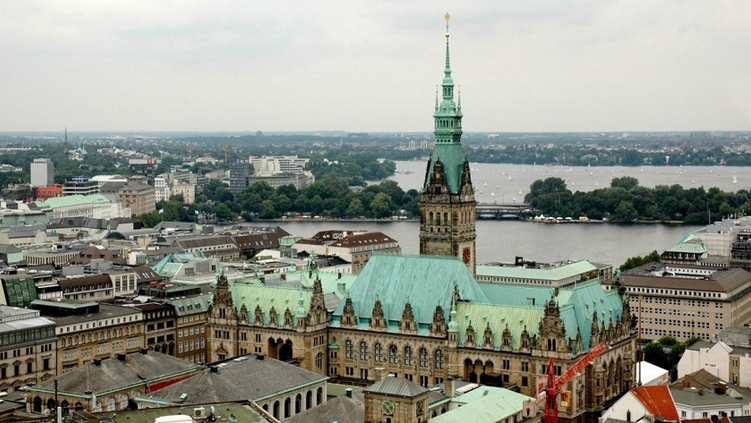Before talking about the intricacies of a mortgage, we emphasize that the concept of “foreigner” is quite multifaceted. Foreigners can be non-residents who are interested in real estate abroad, and residents with a residence permit or permanent residence. Of course, European banks are more loyal to the second group and in most cases allow you to get a mortgage at a profit, since these people make a contribution to the country’s economy and pay taxes there. But non-residents have a harder time and mortgage conditions for them, as a rule, are tougher, because for the bank this is an additional risk.
Someone dreams of buying property abroad in order to obtain a residence permit. However, the hope that an apartment in Germany will automatically make you a resident is not really justified. This is just a popular myth. Own real estate practically does not give an unconditional right to a residence permit anywhere. However, in most European countries you can count on a multi-entry visa, which allows you to stay in the country for 90 days in half a year, that is, 180 days a year. This is possible, for example, in Germany, Bulgaria or the Czech Republic.
Interestingly, it is easier and cheaper for foreigners to get a mortgage loan in developed countries with a stable economy, such as Germany or Switzerland, but real estate here is much more expensive than, for example, in Bulgaria, Croatia or Montenegro. At the same time, in Bulgaria, the mortgage rate is much higher, in Croatia, only one bank offers mortgages for non-residents, and in Montenegro, non-residents cannot count on a mortgage at all – this requires a residence permit status.
Mortgages for non-residents are available in most European countries. Investors can consider both advanced Germany or Switzerland, as well as middle-level countries like the Czech Republic and Poland, or coastal states. For analysis, we take five countries – Spain, Switzerland, Great Britain, Bulgaria and Germany.




